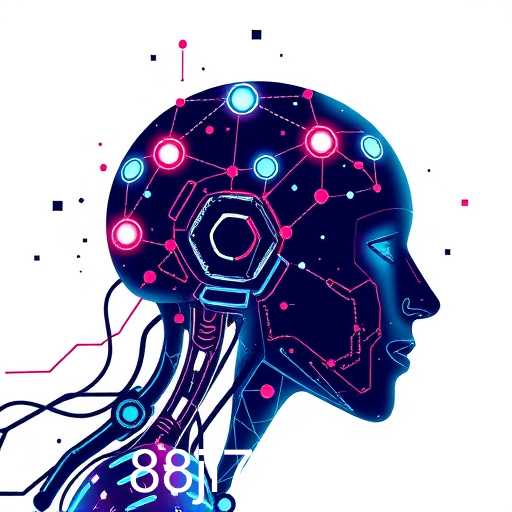An exploration into how artificial intelligence is shaping the future of global economies and the related dynamics in the current era.
In recent years, artificial intelligence (AI) has moved from the realm of science fiction into the heart of our economies, transforming industries and redefining our daily lives. As nations across the globe continue to grapple with the rapid technological advancements and their implications, the role of AI in economic growth has become a topic of substantial debate.
Current events have highlighted AI's potential to revolutionize numerous sectors, from healthcare and manufacturing to finance and agriculture. Companies are leveraging AI to optimize operations, reduce costs, and create innovative products and services that were inconceivable a decade ago. For example, in the manufacturing sector, AI is improving supply chain efficiency and quality control, resulting in significant cost reductions and increased production rates.
However, the rise of AI also presents challenges. Concerns about job displacement due to automation are prevalent, as businesses increasingly adopt AI systems to perform tasks traditionally handled by humans. This shift necessitates rethinking workforce strategies and investing in reskilling and upskilling initiatives to prepare employees for an AI-integrated economy.
Moreover, the ethical implications of AI deployment are a dynamic area of discussion. Issues surrounding data privacy, algorithmic bias, and transparency in AI decision-making are central to shaping public trust and policy formation. Governments are under pressure to formulate regulations that promote AI innovation while safeguarding individual rights and societal values.
The international landscape features a competitive race among nations to harness AI capabilities and establish themselves as leaders in this technology-driven future. Countries like the United States, China, and members of the European Union are investing heavily in AI research and development, seeking to secure strategic advantages and influence in the global economy.
As we continue to navigate the complexities of AI integration, the conversation must include a diverse range of perspectives and stakeholders. Collaboration between the public and private sectors, academia, and civil society will be crucial in ensuring that AI serves as a force for good, driving inclusive economic prosperity and improving quality of life globally.
In conclusion, while AI holds immense potential for enhancing economic growth and development, careful consideration and deliberate action are required to address the accompanying challenges and ethical dilemmas. The future of AI in the global economy remains promising, but its successful integration will rely on balanced approaches that align technological progress with societal values.




